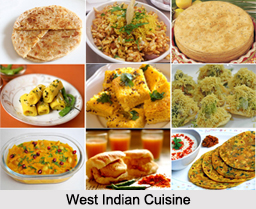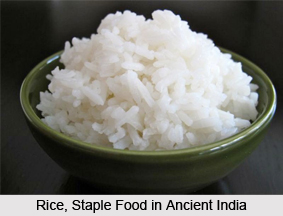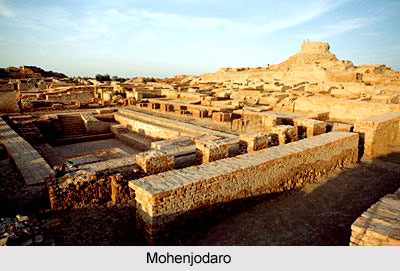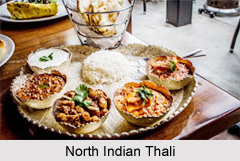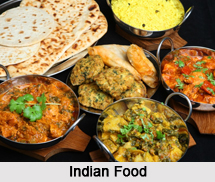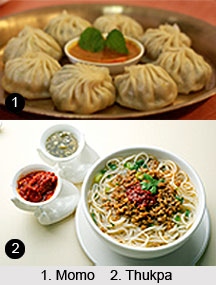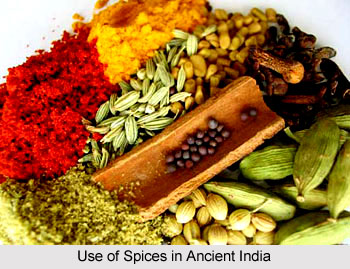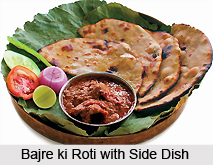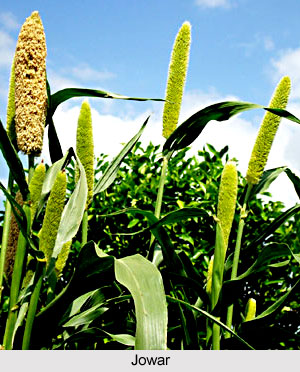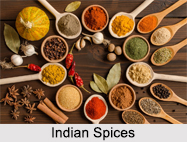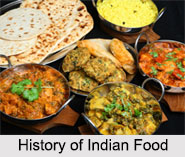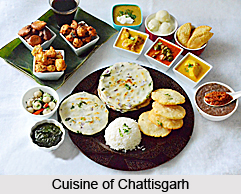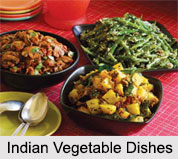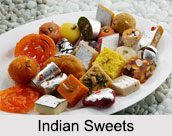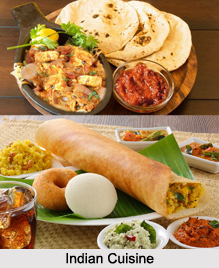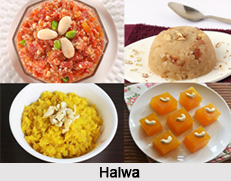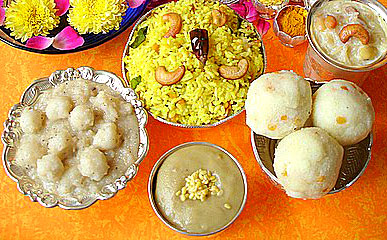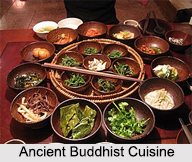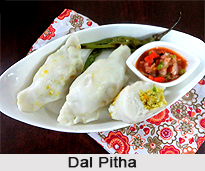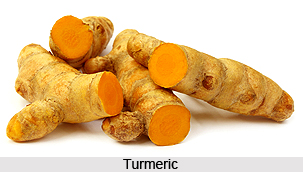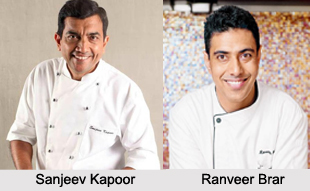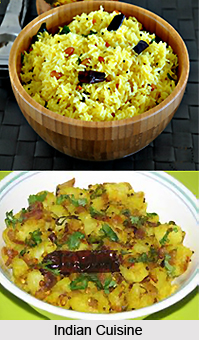 India is a land of extensive religion. Religion played a prominent role in shaping Modern Indian Food. Thus, Indian Food was classified by religion and region. A certain dimension of cooking was added in the Indian cuisine through various intermingling of people, travellers and invaders from all over the world. However, the foremost factor aspect in the medieval period that defined the food habit was the religious practices in the country. Indian culinary was highly influenced by religions. The concept of food from the normal dinner to extravagant ceremonies has its root in the traditions described by the ancient Hindu text, the Ayurveda. According to the Hindu influence on Indian Cuisine, food was assigned with certain parameters as dictated in the Ayurveda. The parameters of taste (rasa), aftertaste (vipaka), potency (virya) and guna or property (hot-cold, heavy-light, oily-dry and so on) are common to every Indian food. These parameters together affect the hormonal balance (dosha) of the body.
India is a land of extensive religion. Religion played a prominent role in shaping Modern Indian Food. Thus, Indian Food was classified by religion and region. A certain dimension of cooking was added in the Indian cuisine through various intermingling of people, travellers and invaders from all over the world. However, the foremost factor aspect in the medieval period that defined the food habit was the religious practices in the country. Indian culinary was highly influenced by religions. The concept of food from the normal dinner to extravagant ceremonies has its root in the traditions described by the ancient Hindu text, the Ayurveda. According to the Hindu influence on Indian Cuisine, food was assigned with certain parameters as dictated in the Ayurveda. The parameters of taste (rasa), aftertaste (vipaka), potency (virya) and guna or property (hot-cold, heavy-light, oily-dry and so on) are common to every Indian food. These parameters together affect the hormonal balance (dosha) of the body.
Historical evidences show that before the invasion by the Moghuls, the Indian food was shaped by the Hindu belief. According to the Hindu Philosophy, eating and spiritual advancement are intertwined. Hindu influence on Indian cuisine suggested Vegetarianism, and especially avoiding of beef.
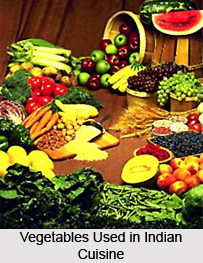 Hindus believe that each food has its own negative or positive energy. The choice of food determines the character of a man. Foods such as ghee, ginger, honey, limes, almonds, rice, turmeric, and green chillies are considered positive and cooling, while foods like garlic, onions, salt, eggplant, tomatoes, sugar, and red chillies are considered negative and have a heating effect.
Hindus believe that each food has its own negative or positive energy. The choice of food determines the character of a man. Foods such as ghee, ginger, honey, limes, almonds, rice, turmeric, and green chillies are considered positive and cooling, while foods like garlic, onions, salt, eggplant, tomatoes, sugar, and red chillies are considered negative and have a heating effect.
Indian cooking at present is effected by the distinguishing qualities of foods discussed by the Hindus. According to Hindu Philosophy, food is the resource for nutritional and medicinal qualities. Different foods, herbs, and spices are also categorized by Hinduism for their therapeutic use and tasteful aspect. Hindu influence on Indian Cuisine enhances the energetic aspects of food. In the Vedic period the first known recipes originated and it is believed that the Hindus also started following those cooking style.
One strong Hindu influence on Indian Cuisine is the venerable practise of vegetarianism. People belonging to the certain section of the Hindu community follow a strict vegetarian diet. Historically, it is said that vegetarianism is an Aryan philosophy and food was considered to be part of cosmic cycle. In addition to that Hindus pay regard to animals like cows and bulls thus refrained from consuming meat. But, the Hindus are known to eat meat in the ancient eras. The great epics Mahabharata and Ramayana, also find evidences of consuming meat by the kings and heroes.
Vegetarianism evolved in the country as the Hindu religion was greatly influenced by ideals of non-violence and better Karmas. India is a diverse land in every aspect such as religion, language, to ethnicity and Hindu influence on Indian Cuisine has again strengthened the diversity. The whole country follows different regional food habit and cooking style. The Hindu influence has developed both vegetarianism and non-vegetarianism food habit. Hindu philosophy can be regarded as the origin of modern Indian cooking. Though, each region has distinct cuisines of their own, yet India is basically united by its devotion to Hinduism for all these thousands of years. Large majority of Indians follow the Hindu philosophy of cooking and eating to this present-day.
